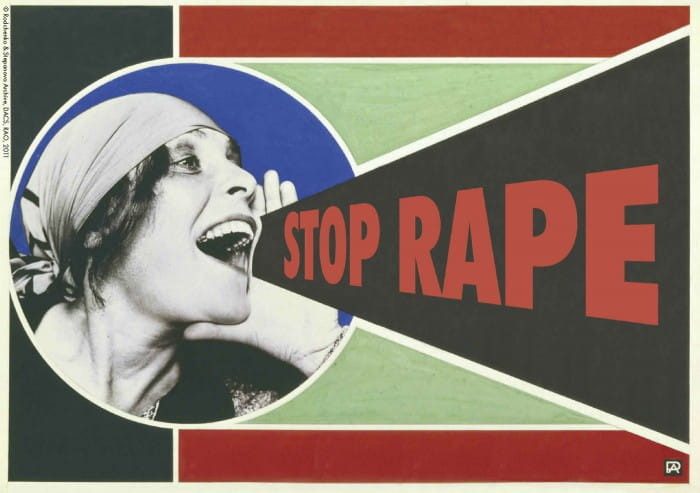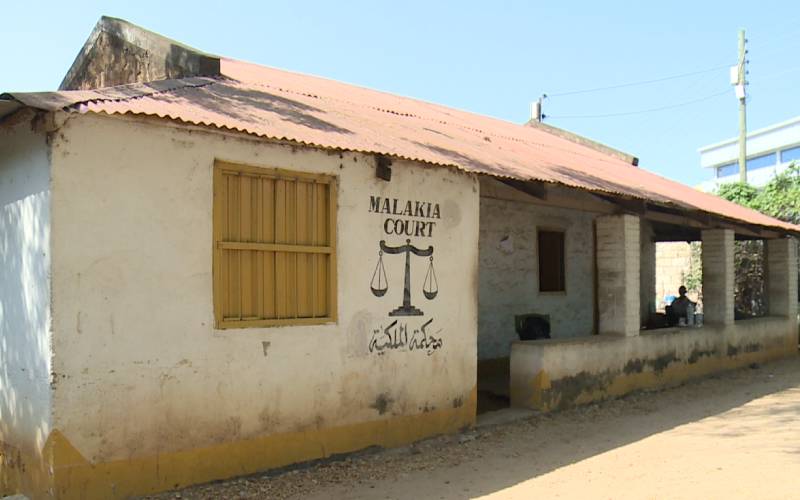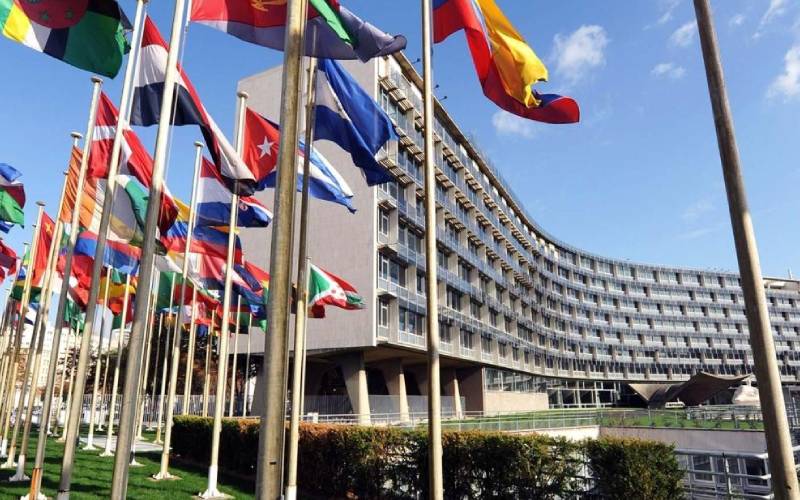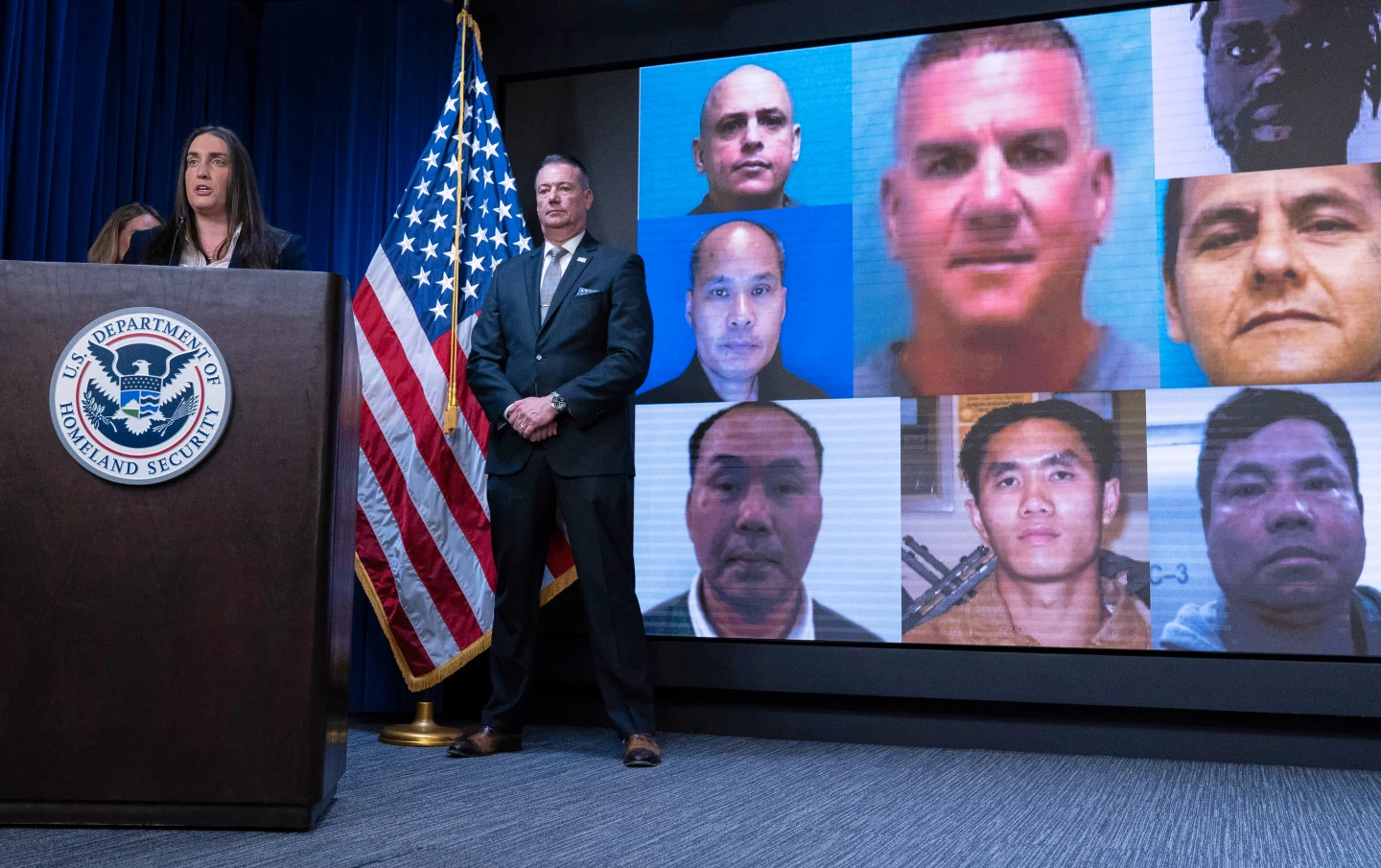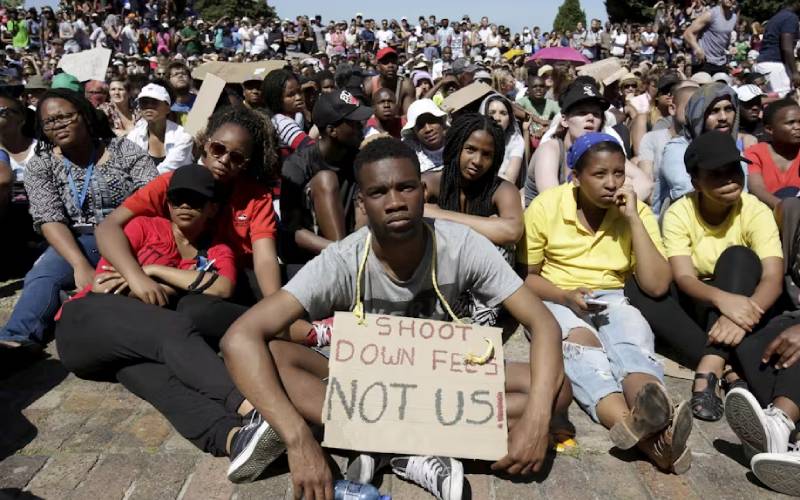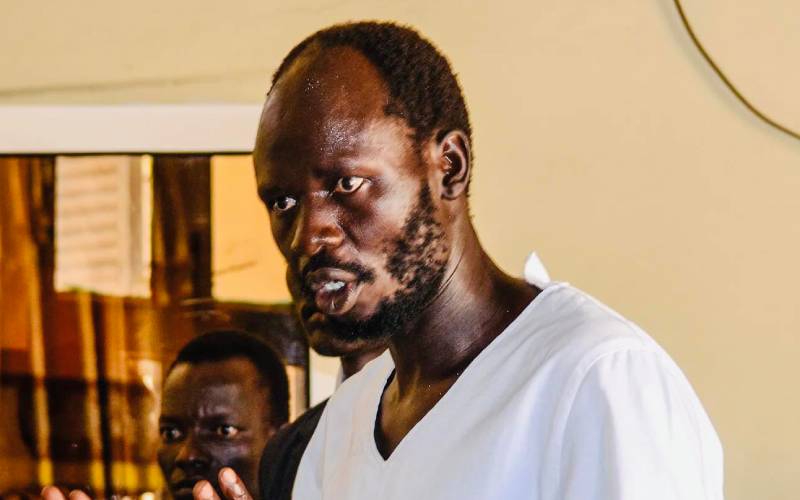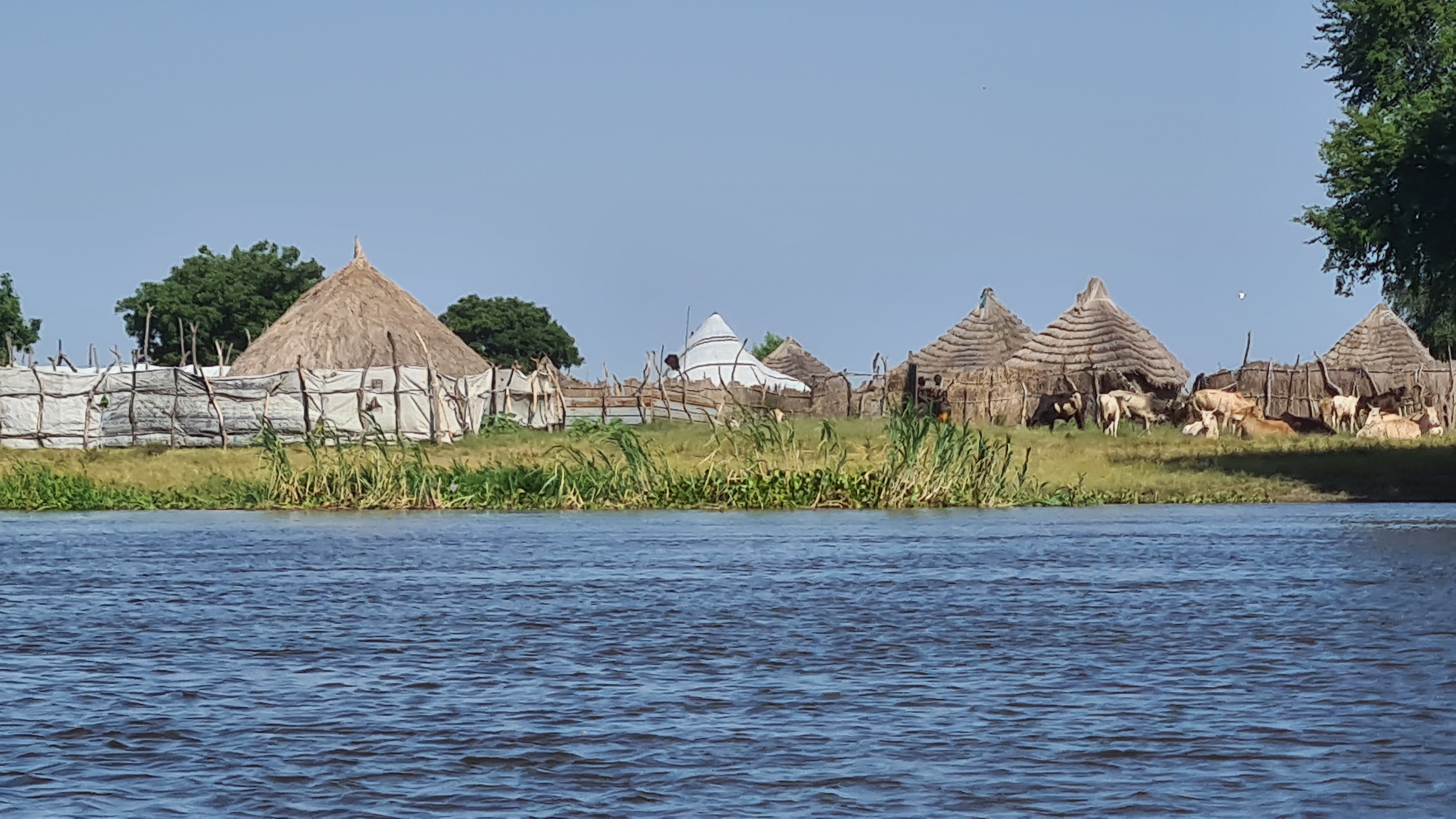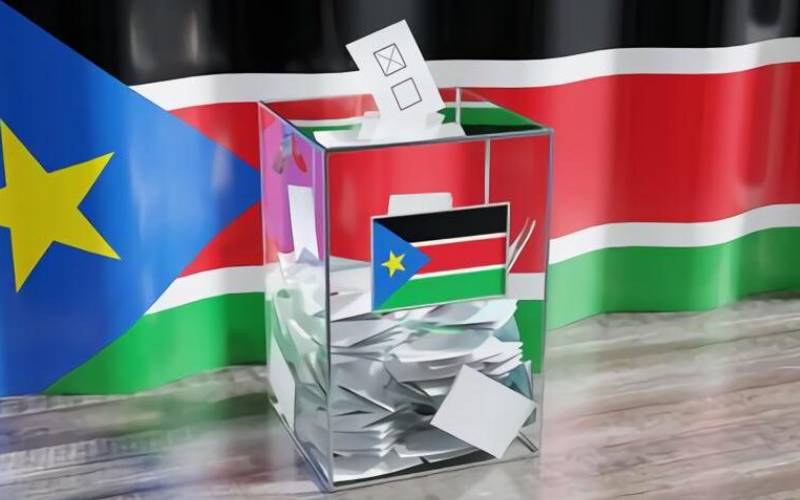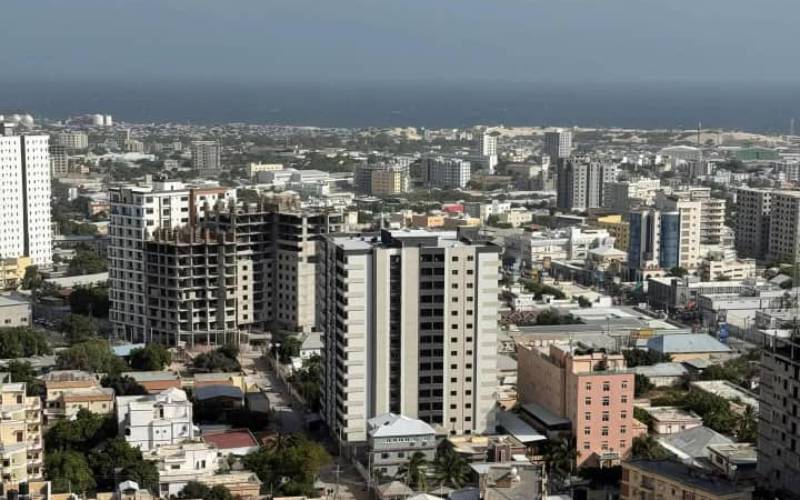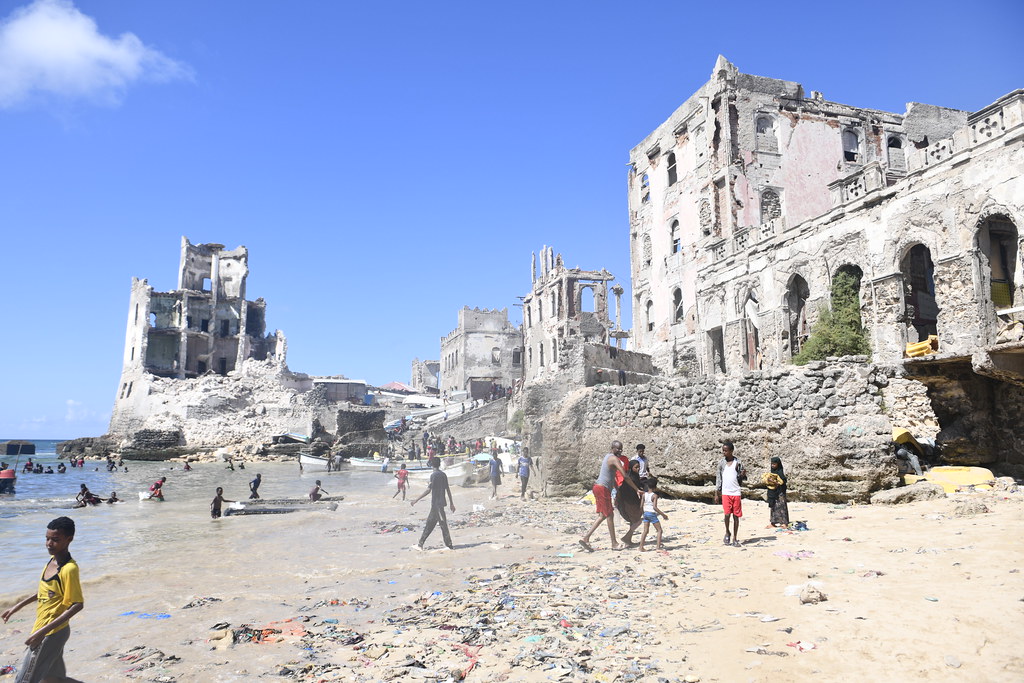By Oyet Patrick
I recently stumbled upon a troubling video, and after observing discussions on social media, it seems that many individuals have viewed it. The footage depicts a girl being raped. Comments from various people regarding this matter have prompted me to share my thoughts. One specific remark suggested that the girl in the video might have consented to the act. This raises the question: what does the law say?
South(ern) Sudan Penal Code Act, 2008, Section 247, (2) stipulates that
“A consent given by a man or woman below the age of eighteen years shall not be deemed to be consent…….”
That argument claiming the girl consented to the act will not stand in a court of law, as her parents have stated that she is 16 years old. Individuals under the age of 18 are considered to have not yet attained the age of consent, making them legally unable to enter into certain agreements or contracts, including consenting to sexual activities.
Nevertheless, issues regarding age often become controversial in legal proceedings; the defense may argue that the victim has attained the age of consent (18), so if there is any uncertainty, an expert in age assessment may need to provide insights on the age of the individual in question.
Another argument I came across online is that the girl was part of a gang that was in conflict with the group that assaulted her, with the presenter of this viewpoint suggesting that her affiliation with the gang meant she deserved what happened to her. Let’s look at the law again.
South(ern) Sudan Penal Code Act, 2008, Section 247, (1) says; “Whoever, has sexual intercourse or carnal intercourse with another person, against his or her will or without his or her consent, commits the offence of rape, and upon conviction, shall be sentenced to imprisonment for a term not exceeding fourteen years and may also be liable to a fine.”
It is irrelevant whether the girl was affiliated with a gang. What matters is whether she is under eighteen years old. If so, any sexual intercourse with her is classified as rape, and even if she is eighteen or older, if she did not provide consent, it is still considered rape, and those responsible must face legal consequences.
The police have reported the arrest of several suspects (seven individuals), while some suspects remain at large. The appropriate next steps involve hastening the trial process and ensuring that court sessions are open to the public and media, similar to how the video has been publicly shared. However, the court must also safeguard the victim from further distress.
One key issue in the court may revolve around the admissibility of the video evidence, with potential inquiries about its source. There may also be concerns regarding whether the video has been tampered with, which is where experts from the National Communication Authority (specializing in Information Communication Technology) or other ICT specialists may be required to provide their insights in court.
Additionally, a letter from the National Communication Authority might be necessary to identify which device recorded the video. If the device belongs to someone outside the arrested group, the phone's owner might have to be questioned by law enforcement and the court to assist in the investigation.
In criminal cases, the standard for evidence is “beyond reasonable doubt,” placing the burden of proof on the prosecution (the state). The defense will aim to instill doubt, potentially leading to either acquittal or reduced sentences for the accused. A further discussion seen online suggests that the individual who filmed the video may not be culpable.
This raises the issue of context and the subsequent actions taken by the person who recorded the video. Did their act of recording promote or hinder the crime? Upon obtaining the video, did they report it to authorities to seek action, or did they share it online, exacerbating the victim's trauma?
Many questions and complexities may arise in this case; however, a common sentiment among many South Sudanese expressed publicly is a demand for severe punishment for the offenders to deter sexual and gender-based violence.
It is evident that there are adequate laws in place to address the crime of rape in South Sudan; the responsibility now lies with the police and prosecution to effectively ensure that those guilty of this crime are punished and serve as a cautionary example to deter future instances of sexual and gender-based offenses.
Oyet Patrick is a journalist and the chairperson of the Union of Journalists of South Sudan. He can be reached on email: oyetpatrick12@gmail.com
